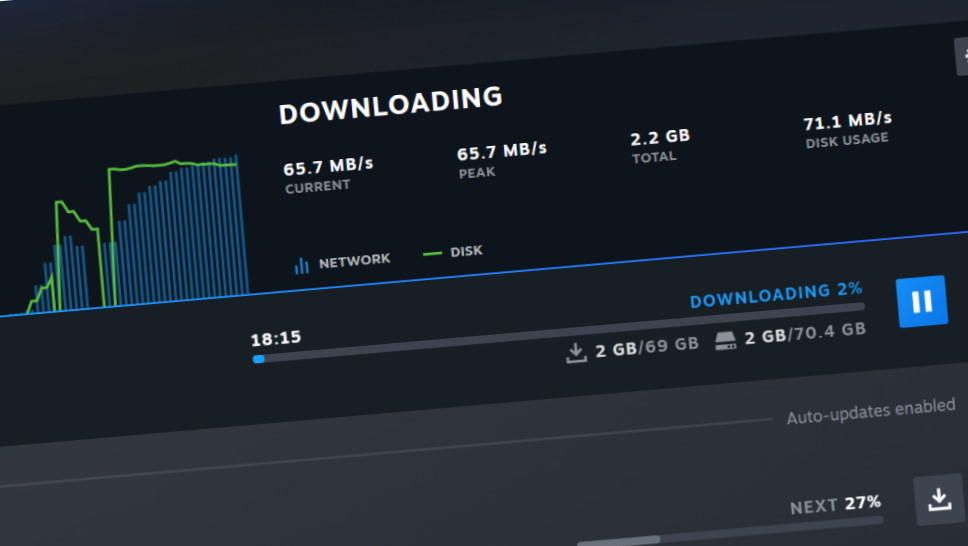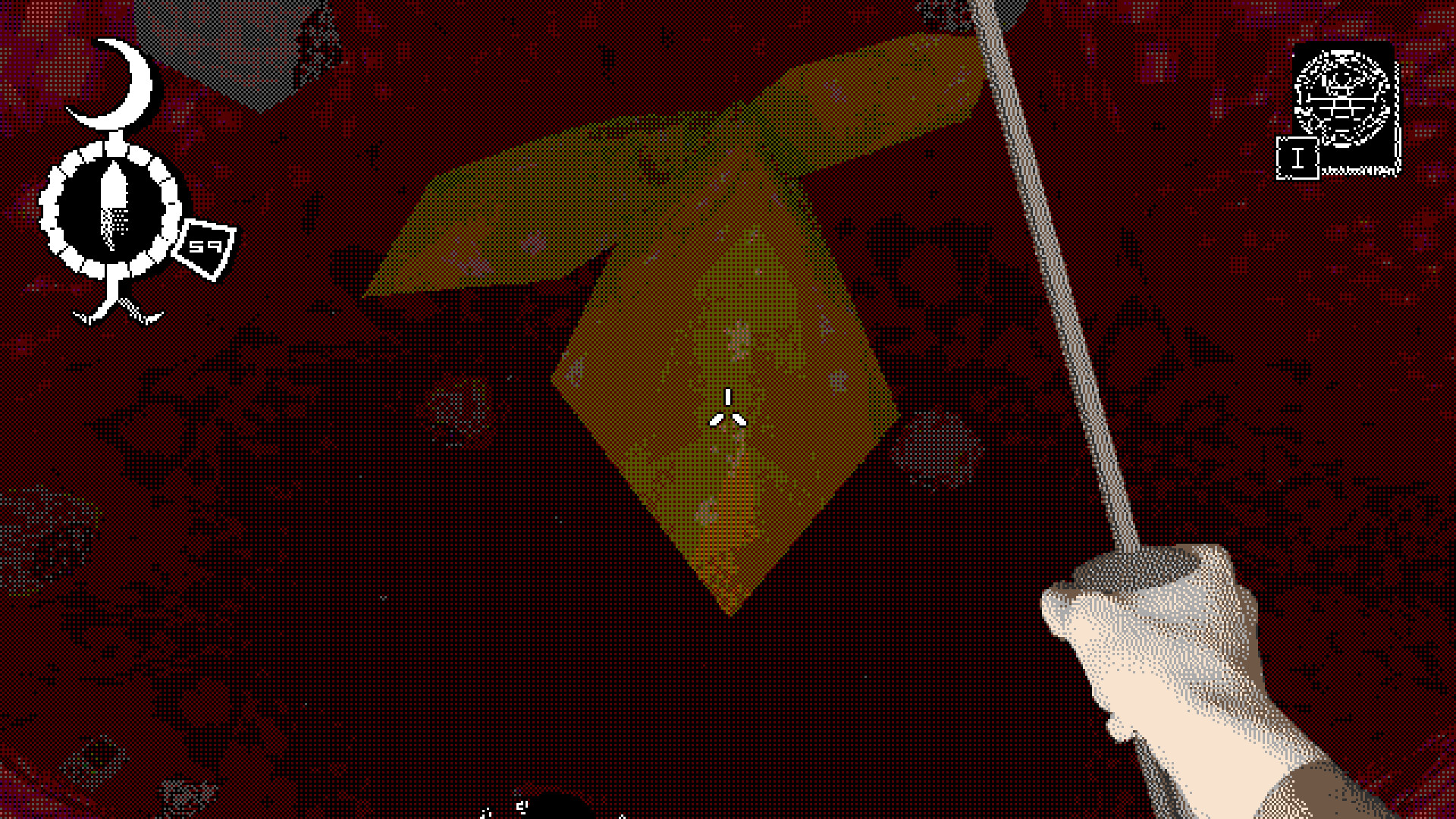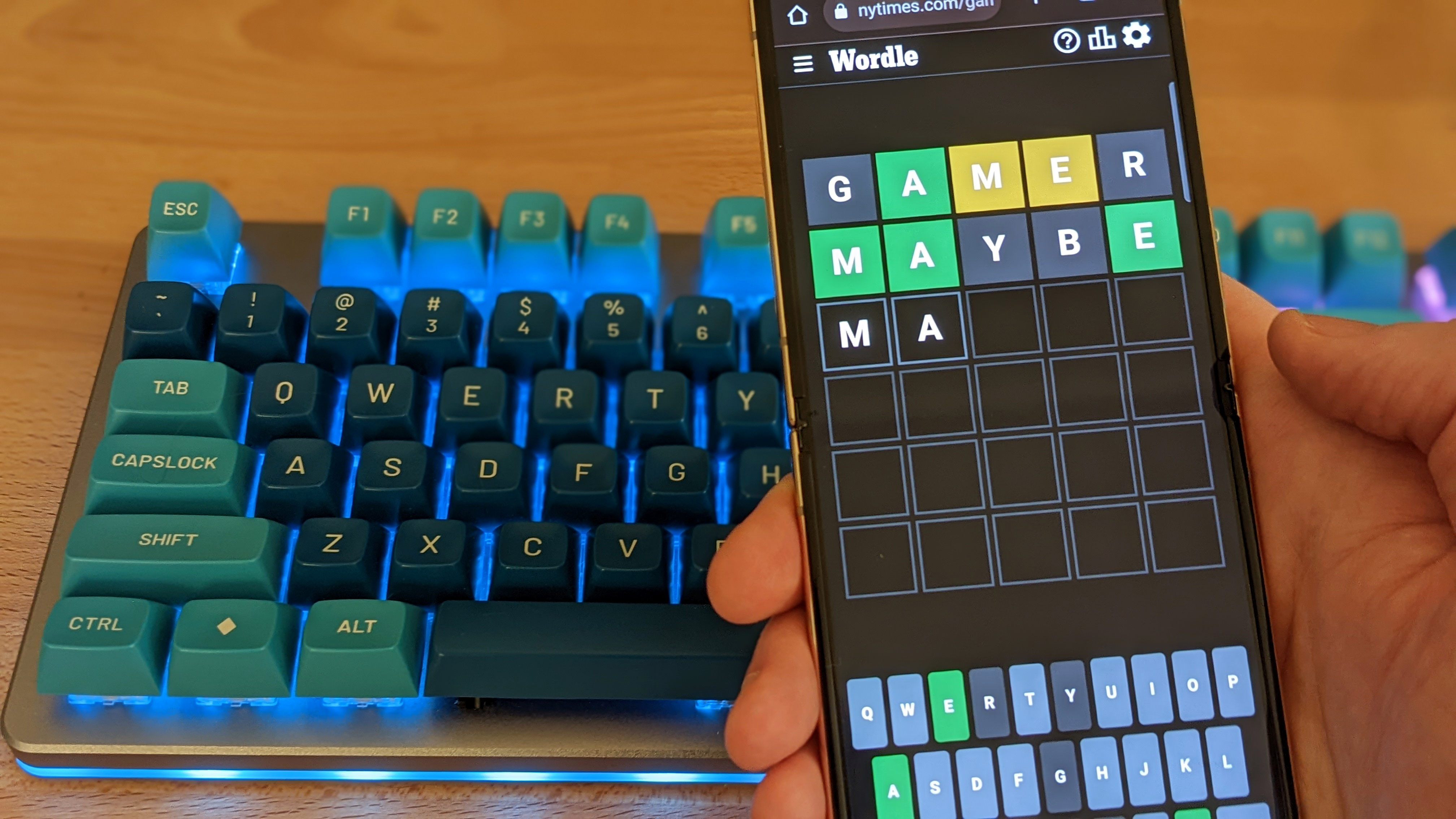
The latest Steam client beta includes early code for moving games between PCs (or to a Steam Deck).
On Thursday, SteamDB creator and regular dataminer Pavel Djundik tweeted a new discovery in Steam’s code: a “peer content” client/server mode. His takeaway, soon confirmed by other programmers, was that “Valve is seemingly working on peer-to-peer Steam downloads on LAN.”
Peer-to-peer downloads may make you think of file-sharing software like Bittorrent, but this feature isn’t actually about downloading games over the internet: it’s the opposite. The “LAN” element focuses on your local network, meaning one peer might be your desktop PC and the other could be your laptop or Steam Deck. After launching the handheld gaming system, Valve is clearly interested in giving players a way to transfer their game libraries to it without redownloading them.
If you’re lucky enough to be on an unlimited gigabit internet connection, the LAN transfers won’t matter a whole lot for you. But for players on slower connections or dealing with ISP-imposed bandwidth caps, it could be a real boon.
Considering the storage hogs some games have become, you could potentially be saving hundreds of gigabytes of internet usage per month by copying games over your local network instead. That’s a win for Valve, too: it means saving money on download server costs and at least slightly easing congestion.
According to the programmers who’ve looked into the new feature, it actually works now—but unreliably. The only way to access it is to launch the beta build of Steam in developer mode by adding “-dev” to its shortcut, opening the console, and setting the “@PeerContentClientMode” variable on one device and “@PeerContentServerMode” variable on another. I confirmed the code was there, but didn’t test an actual transfer; since the feature isn’t accessible in Steam’s UI yet, it’s clearly not finished.
(Image credit: Valve)
“I have not gotten this to work reliably—the client/peer seem to not want to meet one another 100% of the time, or something,” Twitter user Nouv told me. “Before you put in the work to get this working: uhhhhhh it’s in a real early state (or something). I’m seeing it make connections occasionally but it gives up frequently and doesn’t really seem too effective. Probably needs to mature a bit!”
The feature is definitely new—until I updated to the latest Steam beta client, the code didn’t appear in the console. So it’s not some vestigial abandoned feature that’s been kicking around Steam for years; hopefully that means Valve is actively tinkering with it, and that we could see support for it a few months down the road. If you own multiple PCs and have a house wired for 2.5 gig Ethernet: this is your cue for a maniacal laugh.



